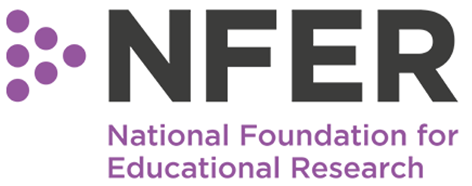At NFER, we have been in the privileged position of following a group of young school-aged children during and since the Covid-19 pandemic to understand the long-term impact of disruption to schools on pupils’ attainment and social skills. Three years on from the pandemic, as part of a research project commissioned and funded by the Education Endowment Foundation, we have observed some encouraging signs of recovery but our results highlight the continued impact on the very lowest attainers and on disadvantaged pupils.
The disruption to schools between spring 2020 and summer 2021 was unprecedented, with periods of partial school closures and online learning. Once schools re-opened, they worked hard to put in place support for learning recovery, focusing on small group tuition and amended curriculums. Schools faced high levels of pupil and staff absence as the effects of the pandemic continued into 2021/22; and in 2022/23 schools told us they were particularly focusing their support on their lowest attainers and disadvantaged pupils.
Indeed, our results suggest these pupils need that focused support the most. We have found a much larger proportion of very low attainers in reading than might be expected (comparing to reading levels before the pandemic), particularly among the youngest year group we are following. These pupils (in Year 3 in 2022/23) were in Reception during the initial period of school closures, and it seems they have been particularly affected by missed learning during their youngest years at school. The proportion of very low attainers in reading from this cohort is nearly twice as high as that in the pre-pandemic sample our study compares to. This represents a substantial challenge for teachers and support staff in their day-to-day classrooms, and particularly in schools in disadvantaged areas, which are more likely to have higher proportions of lower performing pupils (Julius and Ghosh, 2022).

